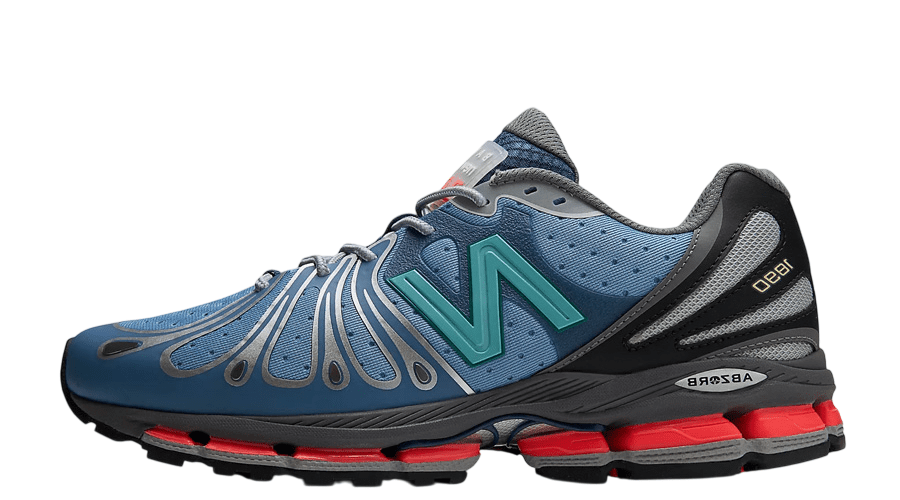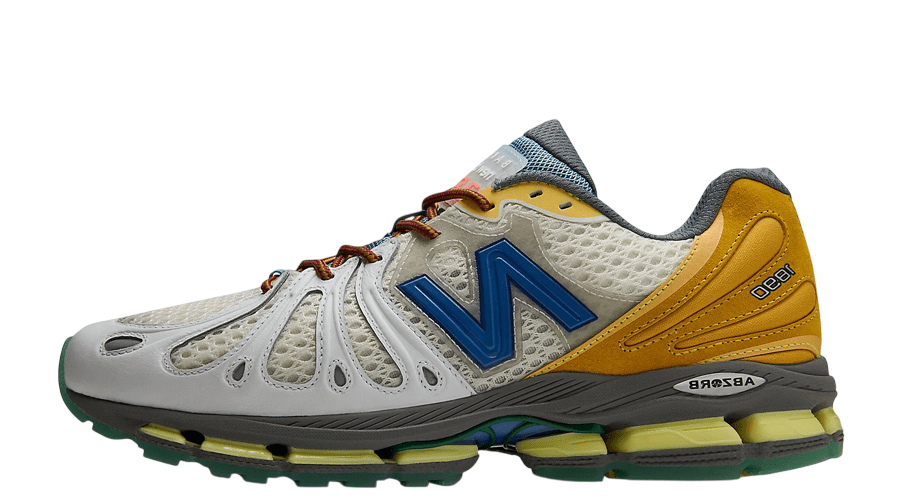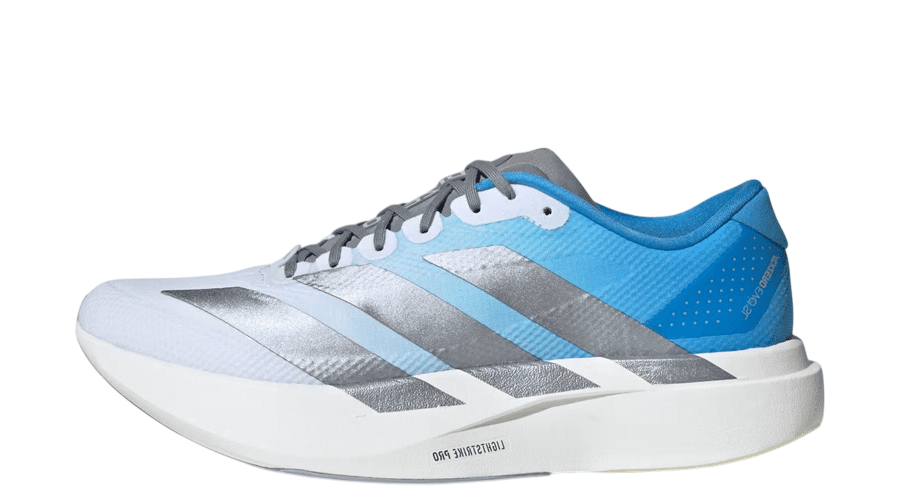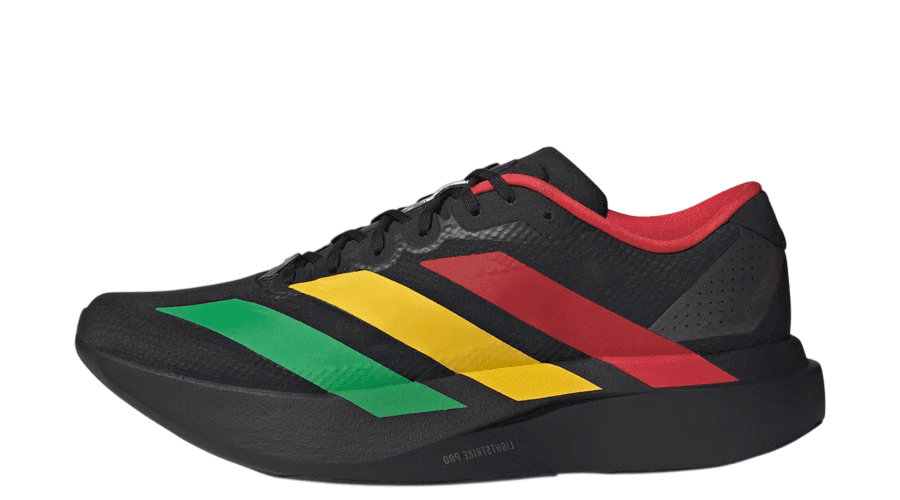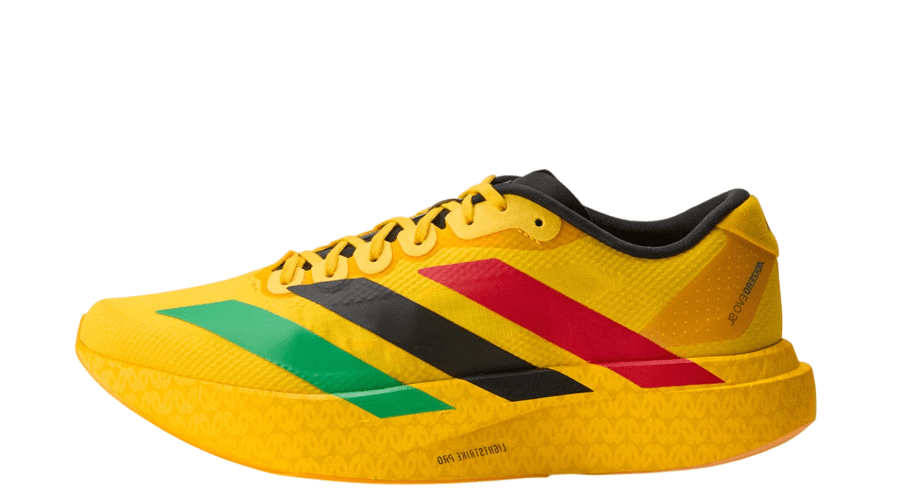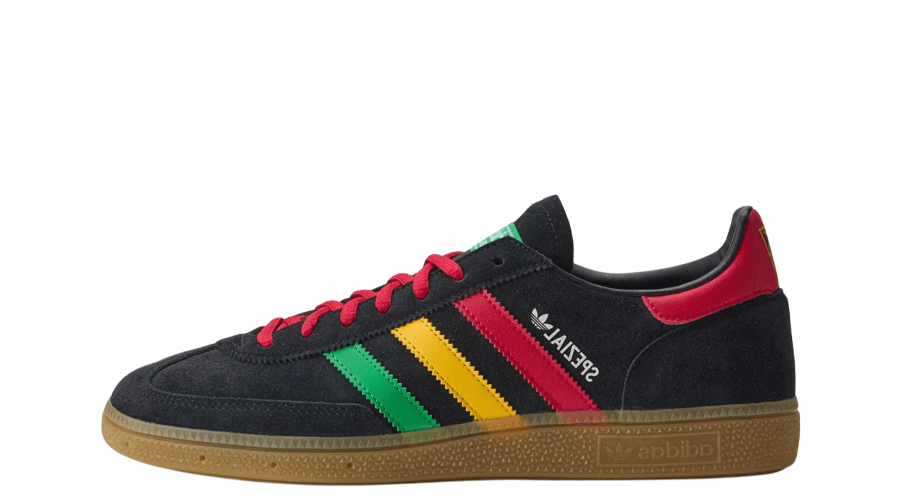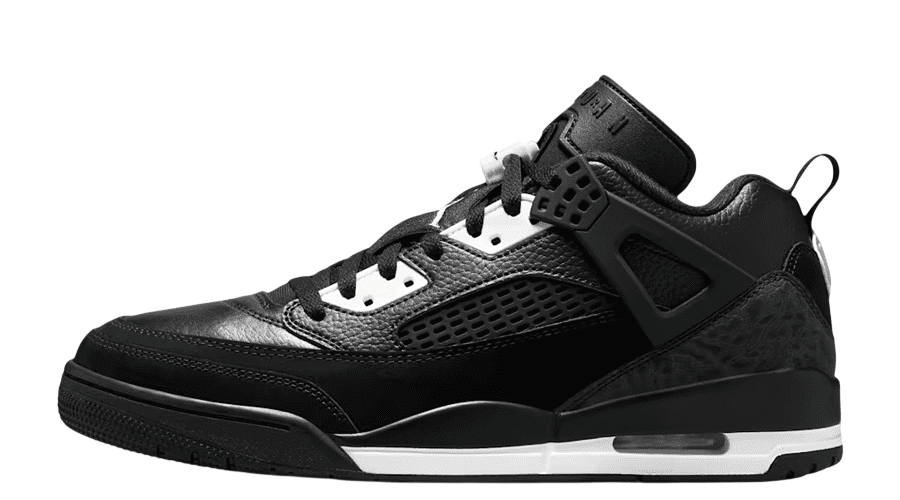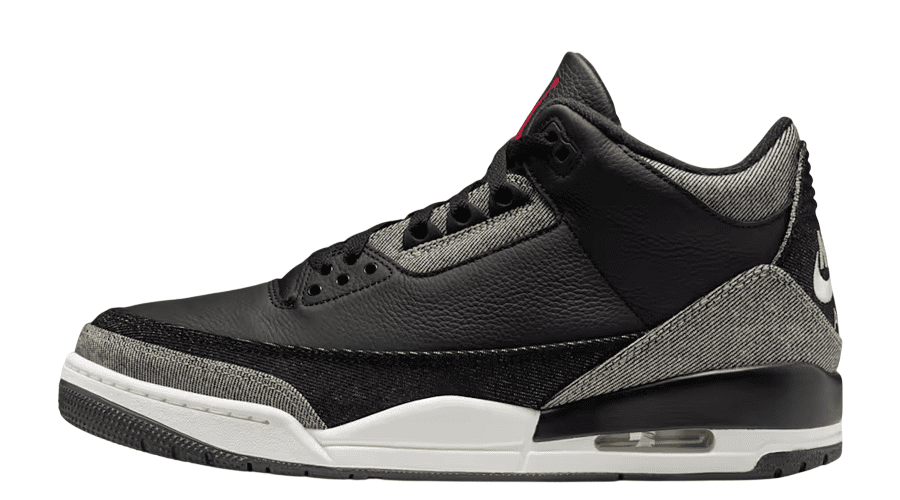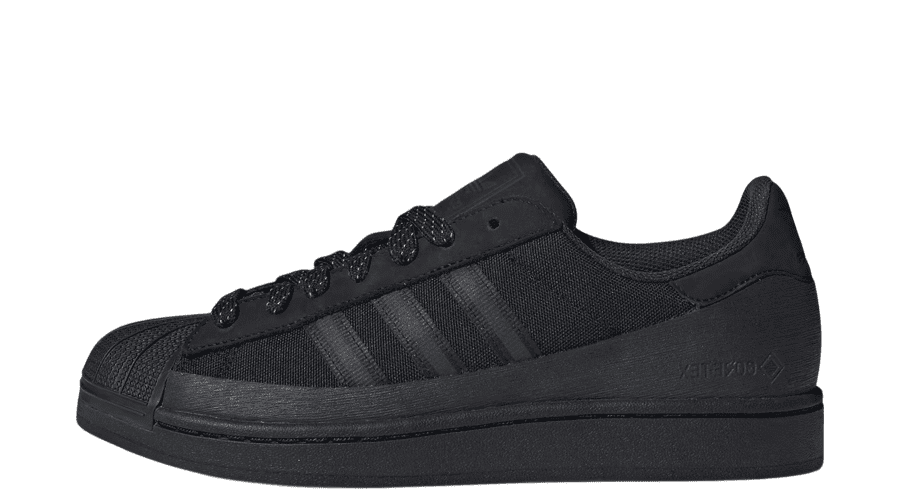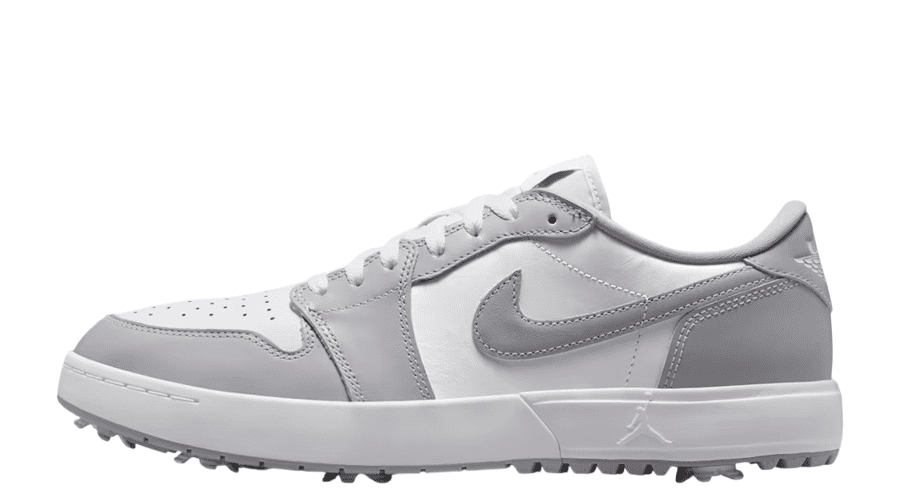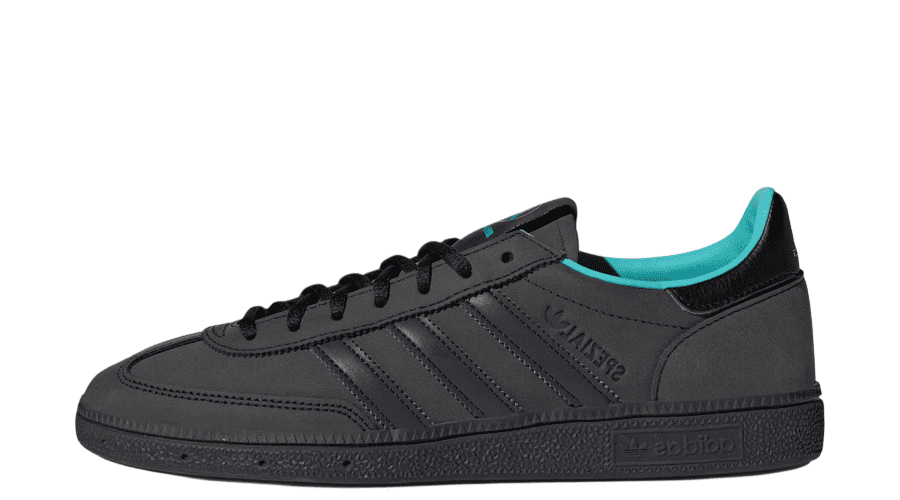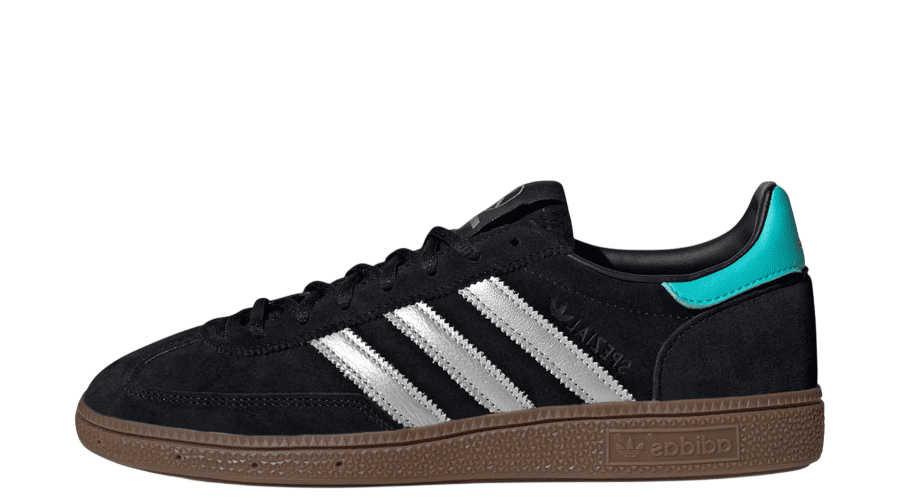Is Sneaker Reselling Officially Dead?

Whether you love to hate it or hate to love it, sneaker reselling has been around for as long as the industry itself. Back when Bruce Kilgore released the first Air Force 1 in the early ’80s, some people were already buying them and flipping them just to make a quick buck. Fast forward over four decades, and this culture has pretty much remained unchanged. In fact, according to a 2022 report by Front Office Sports, the U.S. sneaker resale market is worth $2 billion and is expected to reach a whopping $30 billion by 2030.
However, with some recent happenings in the universe of trainers, it looks like things are transforming drastically. Some critics and experts are even starting to proclaim that sneaker reselling is dead in the water. It’s a bold statement to make, for sure, but one that’s not without ample evidence.
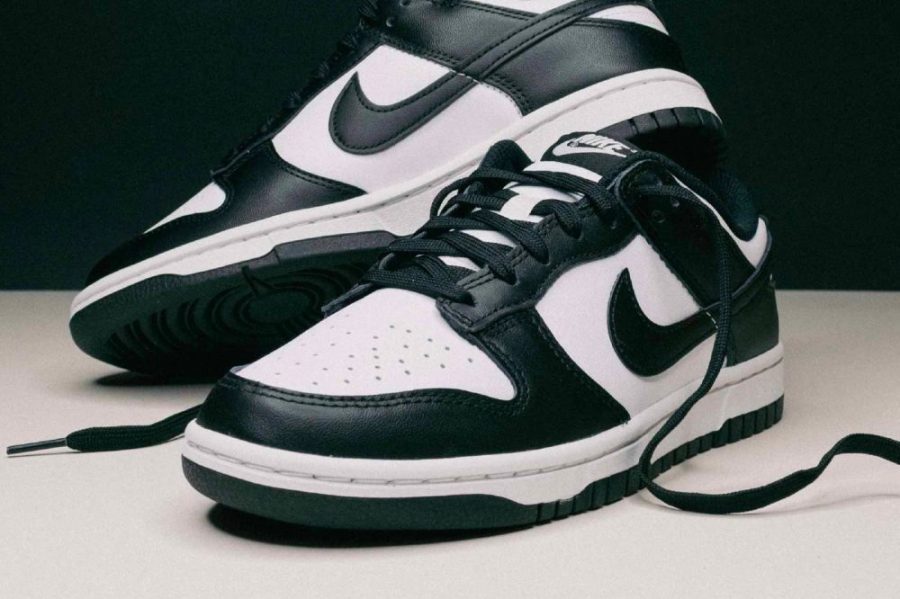
The decline of the resell game begins in Spring 2021, when Nike unleashed the ever-popular Nike Dunk Low “Panda.” This monochromatic colourway was (and is still) as clean as it gets, and it became a huge success almost overnight. With its pristine black and white palette, you can literally wear it with any fit and it’ll work wonders. This versatility led the sneaker to sell out within seconds of releasing. Most of us who wanted to cop were left crying, but in the far corners of the trainersphere, resellers were giggling to themselves as their bank balance continued to grow and grow. It was annoying, but unfortunately, that’s just how the industry has always been.
In a move taken straight out of the Economics 101 textbook, the American sportswear company saw this demand and announced that the “Panda” was getting a restock. Resellers couldn’t believe their eyes. More money? Yes, please. Again, as soon as the colourway re-released, every single size disappeared in mere minutes, meaning those of us who actually wanted a pair had to turn to the secondary marketplace to get one. “It’s never going to come back again,” we thought to ourselves. But miraculously, it reappeared once more on our SNKRS apps, and when it launched, everyone was strangely able to secure a size.
What happened? Well, not only had Nike totally strengthened its anti-bot technology over the past couple of years (these are basically pieces of software that have been specifically designed to buy a particular shoe instantly), demand for the “Panda” also decreased to the point that many of us didn’t actually care anymore. In fact, hype surrounding the Dunk silhouette had also fallen exponentially, making Nike a victim of its own success.
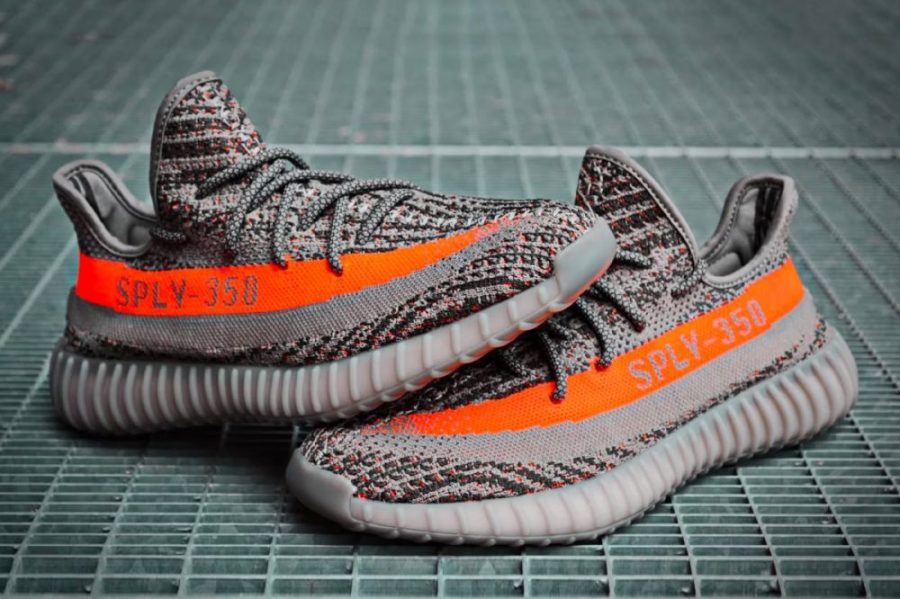
Another major event that has contributed to the resell game’s downfall came about in October of last year. After making a slew of racist remarks online, adidas decided that the best course of action was to prematurely terminate its contract with Kanye West. This was a move that nobody could’ve predicted – considering Ye played a leading role in the German giant’s business – but it was one that was absolutely vital if the Three Stripes wanted to retain a respectable reputation.
adidas decided to stop the sale of Yeezy immediately, and retailers across the globe followed suit. Suddenly, sneakerheads were left with a serious predicament: Do I continue to wear these trainers that were made in collaboration with an anti-semite? Or do I let my hard-earned money go to waste and never rock them again? This was something that split the community in two. While some strongly felt that you should separate the artist from the art, others believed that there was absolutely no reason to continue to support someone who had so publicly made such hateful comments.
In May of this year, adidas made the controversial decision that it would continue to sell Yeezy footwear, apparently as a way to avoid an issue of sustainability. Under this contract, West would still receive a 15% commission for every sale, but adi stated that it would donate a partial amount of the proceeds to international organisations that support the groups that he offended. However, in the course of seven months, it was evident that nobody really wanted Yeezys as much anymore. And while they were once one of the most resold trainers in the history of the planet, they continue to pop up on the Confirmed app, mostly unwanted and mostly unloved.
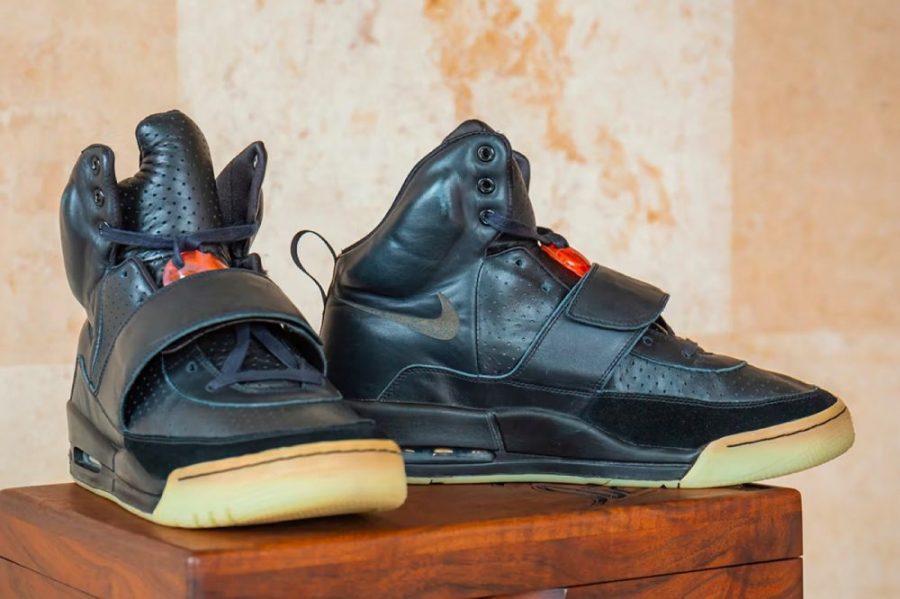
Another reason why sneaker reselling has been declared DOA happened just a few weeks ago. Back in 2021, Sotheby’s sold a pair of Nike Air Yeezy sneakers that were actually worn by Ye back during his performances of “Hey Mama” and “Stronger” on-stage at the 2008 Grammys. At the time, the special sample sold for a record-breaking $1.8 million, which was almost double what was initially predicted.
Then in August, Goldin Auctions got their hands on the pair, and that’s when things began to snowball. The auction house listed the Air Yeezy with a starting price of $50,000, and the bidding ended with the shoe selling for just $180,106. While this is obviously quite a decent amount of money, it’s a 90% drop in price from Sotheby’s auction from just two years prior.
It’s not quite clear why there was such a massive drop in value. While some point to the fact that Kanye definitely isn’t as popular nowadays, others believe that trainers, as an asset, aren’t as investable as they once were, and even if sneaker reselling isn’t already dead, it’s dying a slow and painful death. And for many of us, this is actually a good thing, as it means that we’ll finally be able to get those Ws that we deserve.
